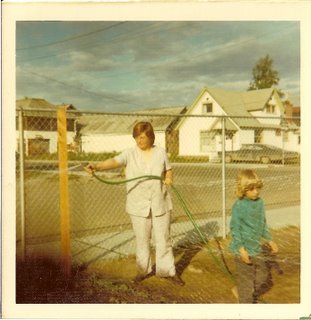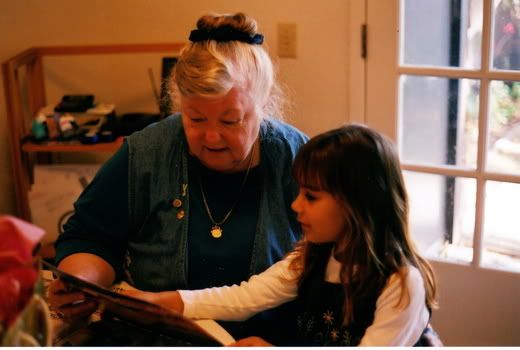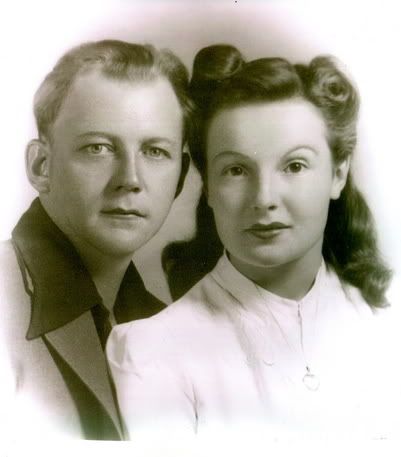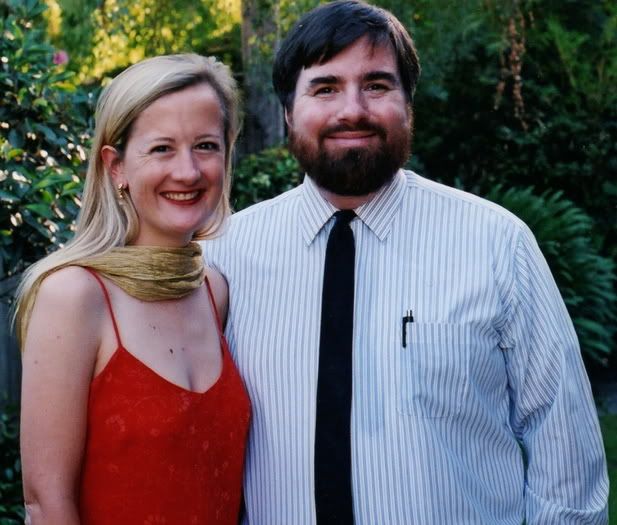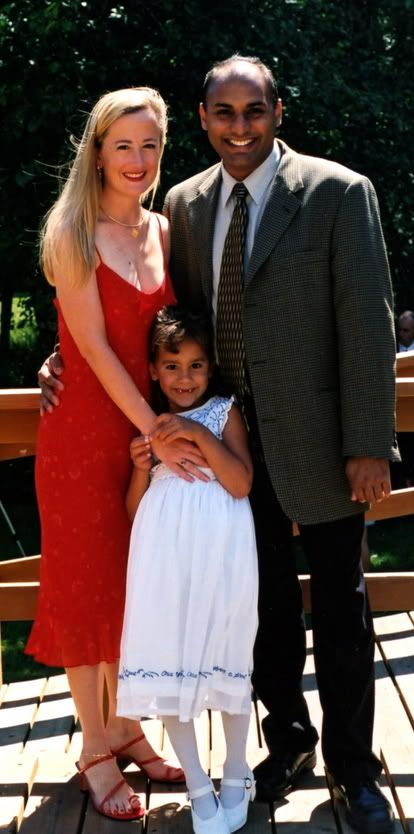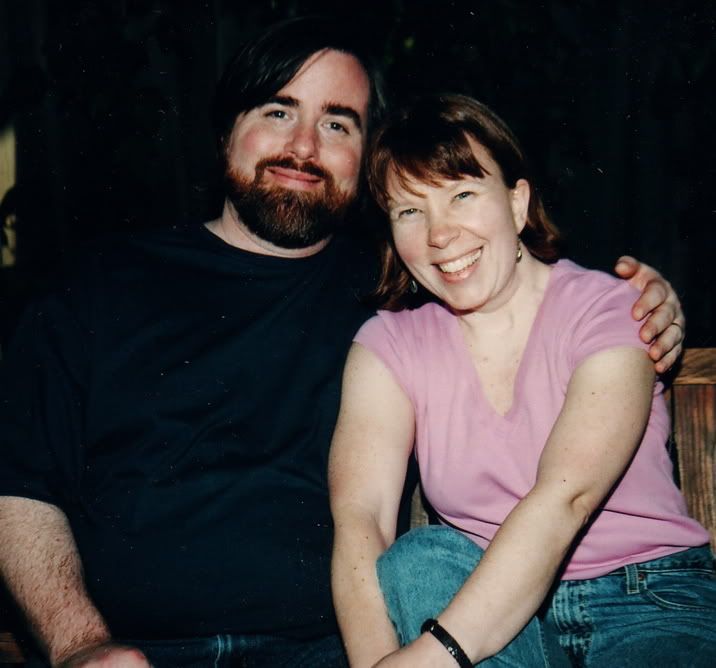
OK, you know what we're doing here. And today, we are down to
65. This is the profession that I often mentioned when people asked me what I was going to be when I grew up:
I wanted to be a number of things when I was younger, even at one point, a priest.* In junior high, it was an astronaut. That was out. Somewhere in there was the lighthouse keeper** and the reporter*** and the famous author.
But, since they don't have a college major called famous author, I decided to be an archaeologist. Had I known at the time about Indiana Jones, that would have added a definite level of spice to it. From my freshman year of high school, I read piles of books about lost cities and expeditions into the deepest jungles.**** It was only after I quit college in the end of my sophomore year and then returned with two small children that I gave up that dream.
* Now there's a hoot for you. However, at the ripe age of six I didn't know that I was going to wander away from religion, and that girls didn't get to be priests. Of course, when I was growing up, I mostly wanted to be things that girls didn't get to be. The fact that we weren't Catholic didn't even deter me. And something of it must have held on there somewhere, because I took Latin and always said it was so I could talk to God. Then the Church (that I didn't belong to) gave up Latin and started doing Mass in the vernacular, and it was all for naught! Who knew that God spoke the vernacular? However, I really liked Latin, where I met Jack Hairston's brother Tom.
** The thought of anyone as gregarious as I am in such a solitary profession beggars the imagination! I would have died of loneliness or gone stark staring bonkers. There is an Eric Frank Russell science fiction story called "Tie Line" about an interstellar lighthouse keeper, who is the only human being on a small island on a water planet. And how the lighthouse service keeps dropping him things that are supposed to keep him sane -- records of city traffic, but since he is from a small island city sounds don't seem like home to him. Then they get the idea that it needs to be something alive, and since the island is so small a dog or cat won't do so they drop him a preying mantis, but that creeps him out. And then one morning, he wakes to the sound of sea gulls. Read that in 1956, remember it still. Love it. But, I do know it would have taken more than sea gulls to keep me sane in the much less solitary conditions of Earthly lighthouses. And, now, they aren't even used any longer.
*** That would have been a good choice. I could talk to people, find out things, and write. I'd like that a lot. I loved being on the college paper.
**** As a matter of fact, it was because of reading those books about archaeology that I met Kate, who was also reading them from the same library.

















